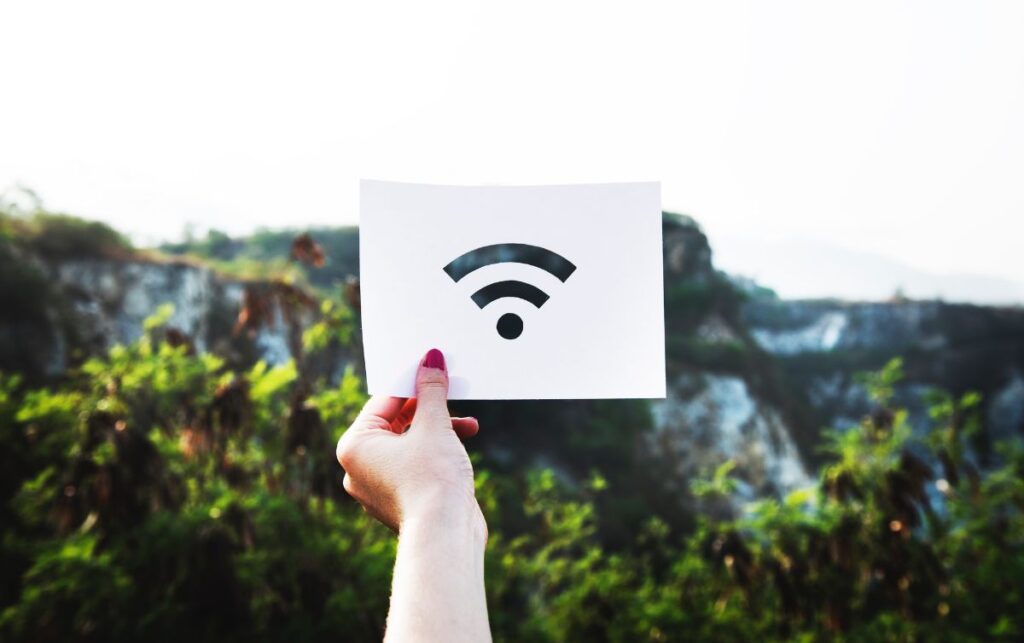Turning Off WiFi at Night Could Protect Your Health — Here’s How

Turning Off WiFi at Night Could Protect Your Health — Here’s How
Many families are starting to switch off their WiFi at night. Parents say it helps control children’s screen time, while others believe it reduces their own distractions from phones and laptops. But beyond reducing screen use, experts and reports suggest there may also be hidden health reasons to turn WiFi off when it is not needed.
What Reports Say About Health Risks
Several studies have raised questions about long-term exposure to WiFi and other electromagnetic fields (EMFs). Research has linked EMF exposure to a range of health problems. These include headaches, fatigue, sleep disturbance, and, in some cases, more serious concerns such as fertility issues and heart problems.
One study on smart meters, which work on similar signals, found people reported symptoms like tinnitus (ringing in the ears), dizziness, joint pain, skin rashes, memory problems, and even increased anxiety. Some reported digestive issues, numbness, and eye problems as well.

Impact on Sleep
Experts say leaving WiFi on at night may interfere with melatonin, the hormone that regulates sleep. Poor sleep has been linked to a range of issues, including lower immunity, mood problems, and poor heart health. Turning WiFi off before bed is one way some families try to improve their sleep environment.
Environmental and Energy Angle
Reports also point out that switching off WiFi helps save electricity. While the power used by a single router may be small, cutting it off during long hours of inactivity reduces unnecessary energy consumption. Over time, this can also lower household emissions.
Listening to the Evidence
Not everyone reacts to EMF exposure in the same way, but research suggests some people may be more sensitive than others. Symptoms such as frequent headaches, tiredness, or irritability have been reported by those living in high-exposure environments. Experts say reducing unnecessary exposure, especially during the night, is a practical step that may benefit health.
A Simple Step With Many Benefits
Turning off WiFi at night is becoming a common practice in many homes. Families say it helps with screen time and focus, while reports suggest it may also lower potential health risks. Experts agree that small changes, like setting a timer or using a smart plug, can make disconnecting easier. Whether for better sleep, reduced distractions, or possible long-term health benefits, switching off WiFi before bed is being seen as a simple step worth considering.

Moving the Router Away
Health experts advise keeping routers out of bedrooms and spaces where people spend long hours. Routers continue to send out signals even when not actively in use. Reports suggest it is safer to place them in less-used areas like hallways instead of near beds or work desks.
Simple Ways to Switch Off
Researchers note that many households keep their routers on overnight, even when there is no real need. So use simple methods like plugging routers into timers, using smart plugs, or switching them off through mobile apps. Some routers even come with built-in switches that make it easier to cut signals when not required.












